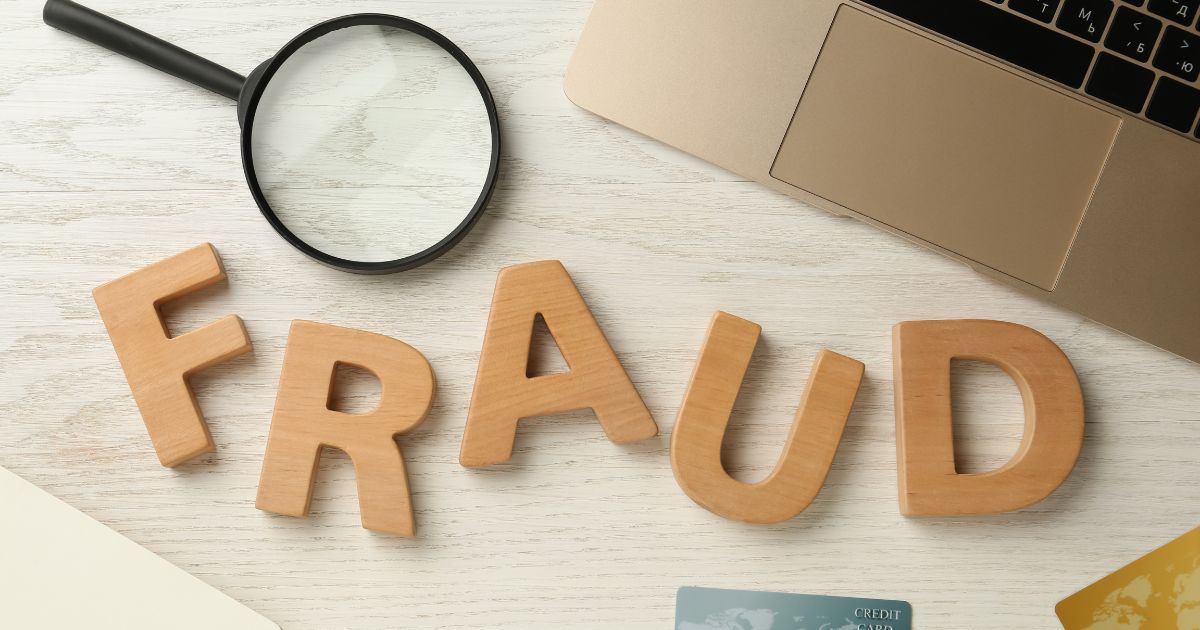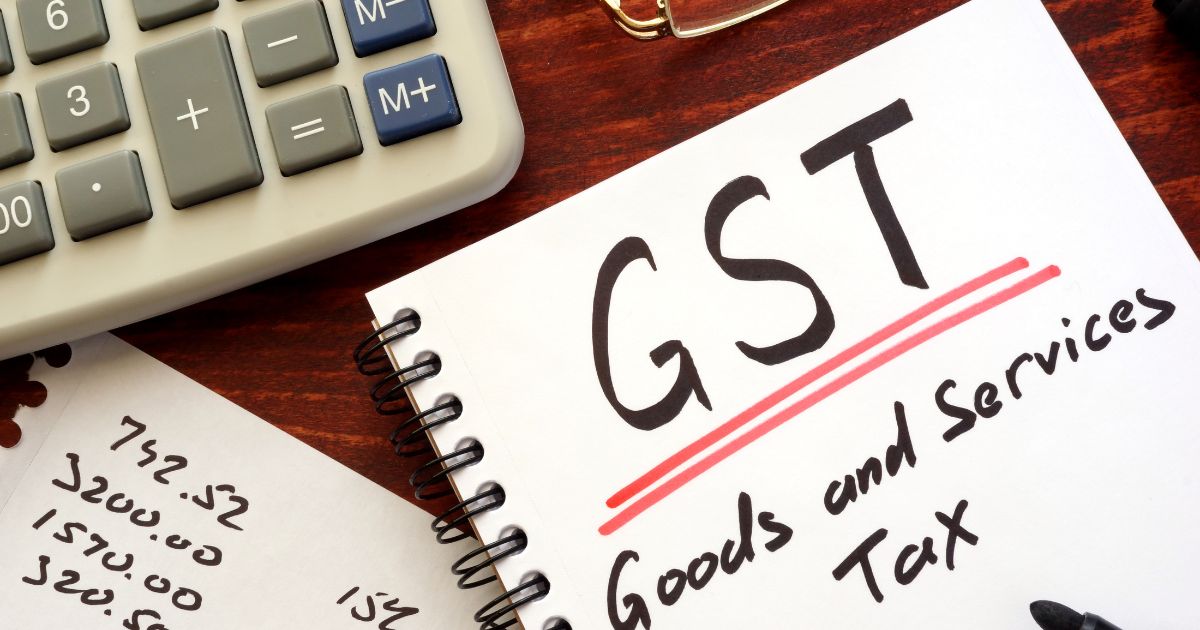· Cyber Security · 3 min read
PAN Card on the Dark Web: How Loan Apps Put Your Identity at Risk
Sharing PAN and Aadhaar details with unverified loan apps can expose you to identity theft and fraud loans taken in your name. Learn how to protect your data, check for misuse, and keep your financial identity safe.

It starts small. A flashy ad pops up on your screen: “Bas PAN aur Aadhaar details dalni hai, aur loan instantly mil jayega !” In that moment of urgency, you enter your details, hoping for easy money. But what if I told you that your identity could be sold on the dark web the very next minute?
Sounds shocking? Unfortunately, it’s real. Many unverified loan apps misuse the most sensitive information — your PAN and Aadhaar. And once your data is exposed, anyone can take a loan in your name, leaving you with stress, harassment, and a damaged credit score.
The Dark Side of Instant Loans
When you hand over your PAN or Aadhaar to an unverified app, you’re not just applying for a loan — you’re giving them the keys to your identity. Here’s what happens behind the scenes:
Data Theft: Fraud apps harvest PAN and Aadhaar information.
Identity Sale: That data is often sold on the dark web for a price.
Fraudulent Loans: Scammers then use your identity to take loans, leaving you responsible for debts you never took.
The worst part? By the time you discover the fraud, your name may already be listed as a defaulter, and fixing it can take months.
Can You Undo the Damage?
Many borrowers realise too late and wonder if there’s a Ctrl+Z for life. While you can’t reverse what’s already leaked, you can limit the damage and protect yourself from further misuse.
Here’s the game plan:
Never share PAN & Aadhaar with unverified loan apps. Only give documents to official banks or RBI-registered NBFCs.
Check for misuse on official portals. Use the Income Tax and UIDAI websites to see if your identity is being misused.
Monitor credit reports. Regularly check with credit bureaus like CIBIL or Experian to ensure no fraud loan has been opened in your name.
What To Do If Your Identity Is Compromised
If you suspect your PAN or Aadhaar has been leaked or misused:
Immediately file a complaint with the Cyber Crime Helpline (1930) or the National Cyber Crime Reporting Portal.
Report the misuse to your bank and credit bureau so they can flag your account.
Consult a legal expert if a fraudulent loan has been issued in your name.
Acting fast can save you from long-term harassment and protect your financial record.
Your Data, Your Responsibility
In a world where data is as valuable as money, protecting your financial identity should be your top priority. Instant loans may look appealing, but sharing sensitive details with the wrong app can cost you much more than you borrowed.
📌 Your data, your responsibility. Stay alert, verify before you share, and remember — caution lo, warna tension lo.
Conclusion
The dark web doesn’t just sell stolen credit card numbers — it thrives on personal details like PAN and Aadhaar. Don’t let desperation make you careless.
A few minutes of awareness today can save you from years of harassment tomorrow. Protect your details, choose only verified lenders, and always keep a close watch on your financial identity. Because once your data is out, getting control back is never as easy as giving it away.

.C6i6qVJe.jpg)

